Gaza shows resistance is key to break free from Western hegemonic ecosystem
By Nasir Ali Mirza
The Palestinian issue is often portrayed as complicated by mainstream media. However, its roots can be traced back to the colonial settlement project of Zionism backed by the West.
This project was launched by Western powers some 100 years ago, led by the United Kingdom and later the United States, with the goal of dominating and annihilating the native Palestinian population.
These Western powers have a long history of carrying out such onslaughts across the world. However, what they were unable to comprehend was the unrelenting and unyielding resistance of Palestinians.
Even after 100 years, with all the technological, material, and media power at their disposal, the sponsors of Zionism were completely dislodged in an unprecedented manner on October 7.
Think tanks in the West are still struggling to comprehend the dynamics and calculations that led to the Operation Al-Aqsa Storm (Al-Aqsa Flood), which took Tel Aviv and its backers by complete surprise.
Let’s examine some contemporary realities and what the new phenomenon in Gaza has revealed, especially in the past seven weeks, until the temporary truce.
Western political logic is unable to comprehend the basis of the unwavering commitment to the resistance of the Palestinian people. This is because they have rarely stood for the battle of values in their history, so their struggle to understand the resistance is not surprising.
They will continue to have this struggle if they continue to look at the situation based on their limited material equations that operate within the paradigm of existing nation-state arrangements.
Nation-states and their alliances are primarily driven by their short- and medium-term national interests, as perceived and pursued by the dominant forces of those nation-states.
Such a political setup lacks the philosophical foundation to offer any hope and arrangement where justice will prevail. Alternate political philosophies like the one stated by Islam, in which global justice is given central importance, are the only hope for the oppressed people of the world.
The current global political order and its institutions are inadequate in safeguarding the oppressed people worldwide. The nation-states that constitute these institutions have divergent motives and interests that are in direct conflict with fundamental human values and necessities.
This describes the mindset behind the US decision to veto an attempt made by the United Nations Security Council to bring about a humanitarian pause in Israel’s war on Gaza earlier this month.
The Western powers, including the US, UK, France, Canada, and Germany, have established a powerful ecosystem that encompasses military, educational, economic, political, and media aspects.
These nations exploit this ecosystem to make other countries dependent on them for their survival.
The majority of the world’s countries today operate within this ecosystem, which has the structural ability to facilitate the hegemonic agendas of the global 1 percent on the majority 99 percent.
The Gaza genocide is a prime example of this phenomenon.
This ecosystem can manage the UK’s mass pro-Palestinian protests while delivering lethal genocidal weapons through premier delivery agents in person.
It can also handle the anger of the 2+ billion Muslim populations to the point of suffocation and render their respective governments irrelevant and ineffective in taking any action in favor of Palestinians.
This background helps us understand why countries such as Turkey, Egypt, and others continue to have political and trade ties with the Israeli regime while condemning the regime’s genocide in Gaza.
Gaza has demonstrated the birth of a new phenomenon that shows how individuals and small groups can break free from the structural clutches of the hegemonic ecosystem and act on their own.
The coordinated resistance front from Iraq, Syria, Lebanon, and Yemen has displayed hope for humanity and a bright future that awaits the oppressed people of the world.
This new phenomenon is expected to grow rapidly as it aligns with the aspirations of the global 99 percent of people.
The existing Western-sponsored ecosystem of exploiting other nations will face more and more resistance, and new political federations based on justice for all will emerge.
Iran’s decades-long struggle and sacrifices to survive outside this inhumane ecosystem have produced a resistant political model that is working and catching up.
Nasir Ali Mirza is an educationist and entrepreneur based in Indian-administered Kashmir.
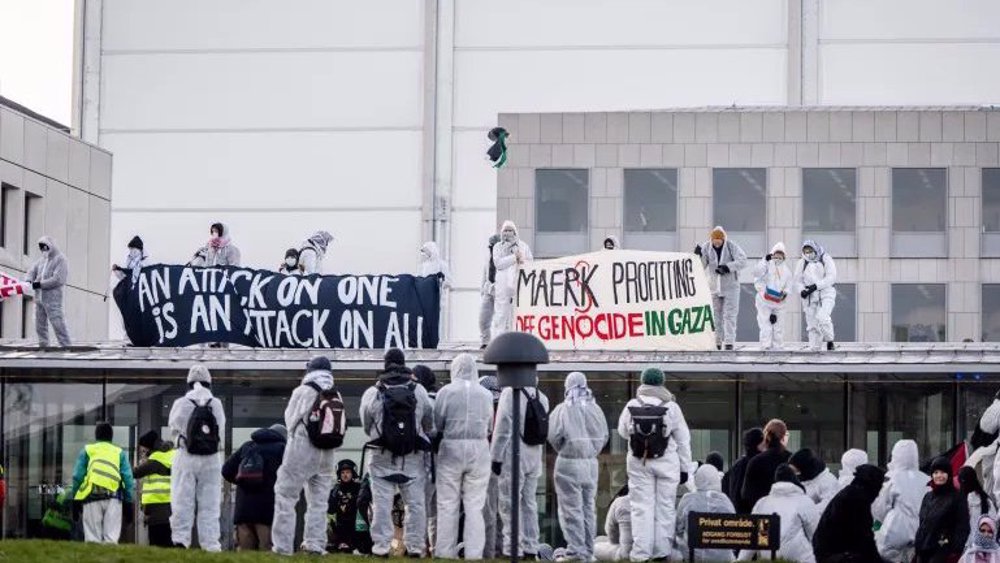
Danish police arrest 20 people protesting to stop military shipment to Israel
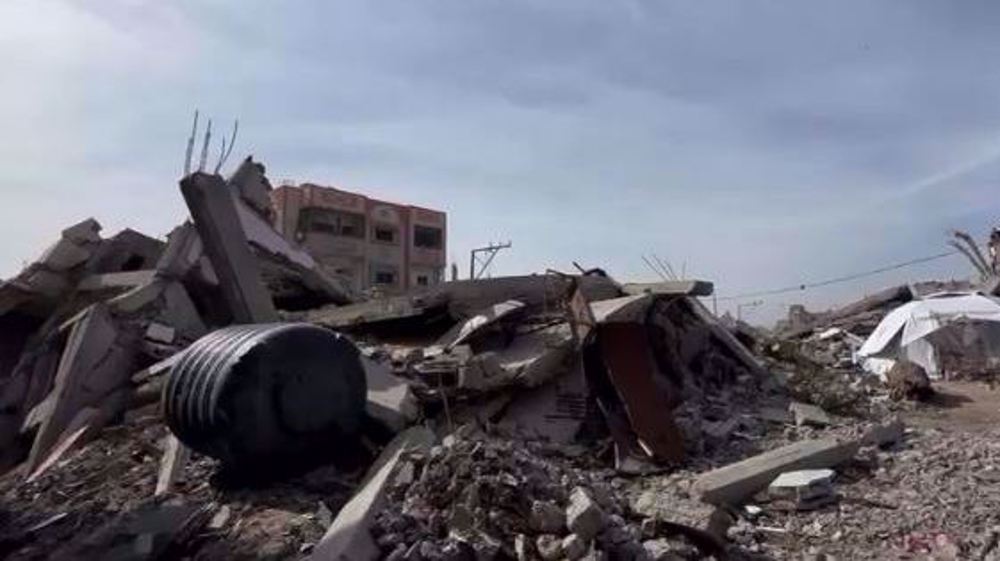
Shocking details of Israeli army’s massacre of 90 civilians from Juha family in Gaza
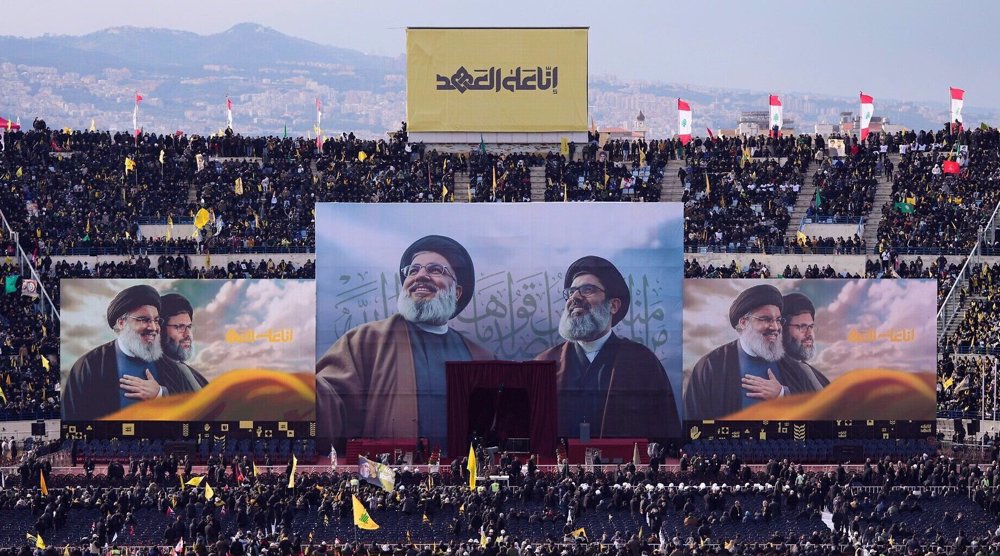
Nasrallah shattered myth of Israeli military’s invincibility: Top Yemeni official
Putin says not opposed to Europeans’ involvement in Ukraine talks
VIDEO | Iranian Kurdish protesters demand European action against PKK, PJAK terror
VIDEO | Israel expands offensive in northern West Bank, deploys tanks to Jenin
VIDEO | Spaniards fill streets of Cádiz in solidarity with Palestine
VIDEO | ‘Genocidal war left al-Shati camp in ruins’
VIDEO | Palestinian female journalists in West Bank face Israeli threats
VIDEO | School starts in Gaza despite challenges caused by war
Danish police arrest 20 people protesting to stop military shipment to Israel







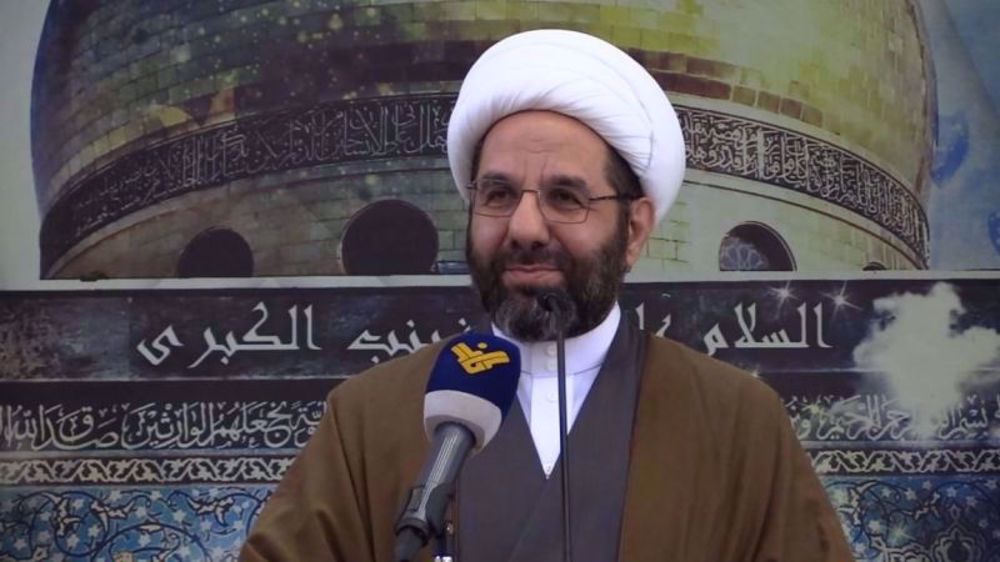
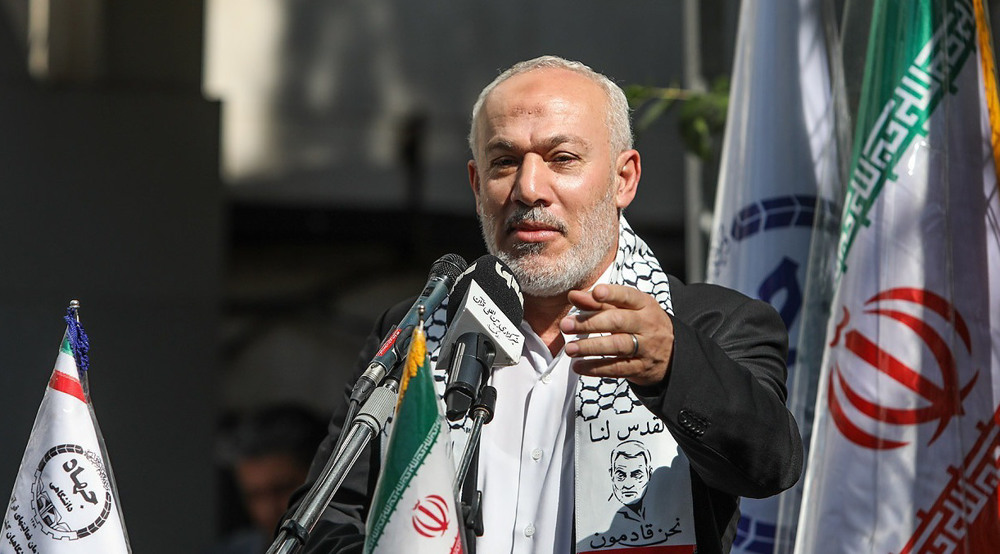
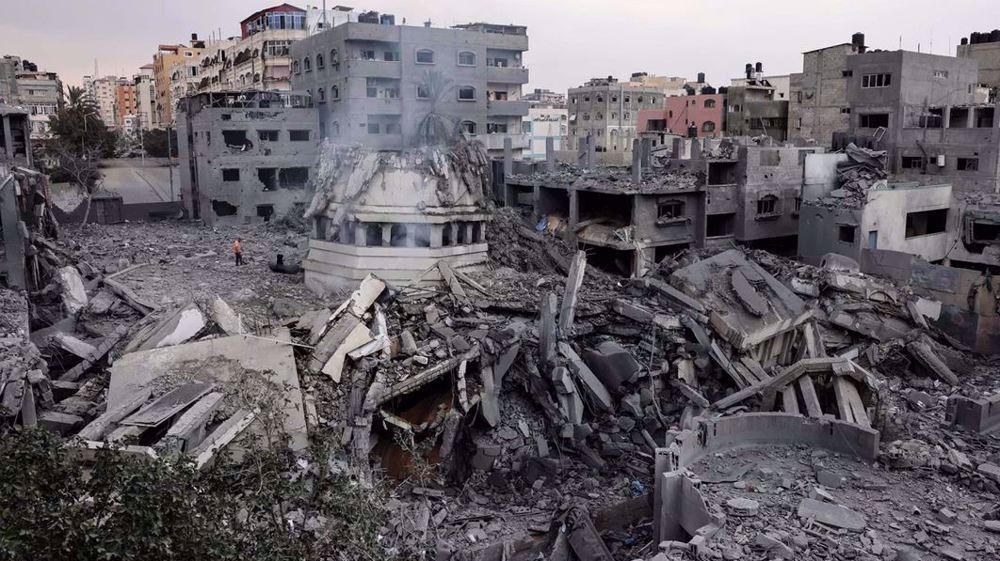
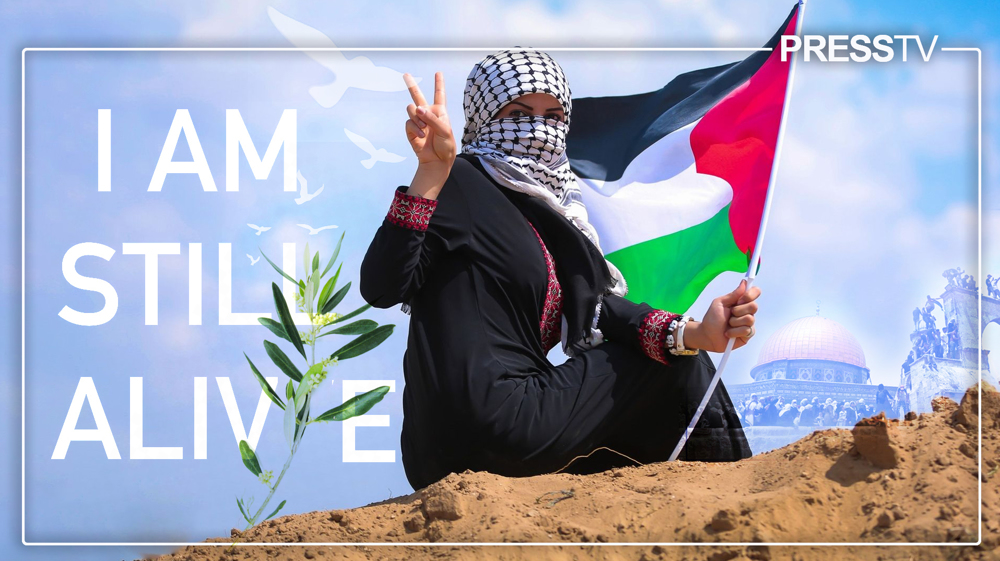

 This makes it easy to access the Press TV website
This makes it easy to access the Press TV website